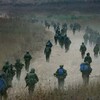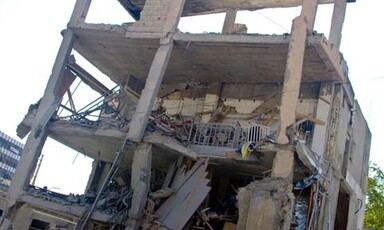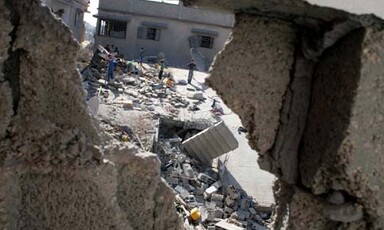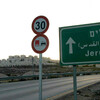
ICJ to inquire into human rights violations in Lebanon
19 August 2006
The International Commission of Jurists (ICJ) has established an Expert Legal Inquiry to investigate whether and to what extent the Israeli Defence Forces and Hezbollah violated international humanitarian law and human rights law during the conflict in Lebanon. The ICJ Expert Legal Inquiry will consist of eminent legal experts in international humanitarian law and senior military officers with operational experience. The Inquiry will seek to travel to Lebanon and Israel and investigate the facts and law. It will focus initially on particular means and methods of war on both sides that have caused some of the greatest loss of civilian life. Read more about ICJ to inquire into human rights violations in Lebanon








